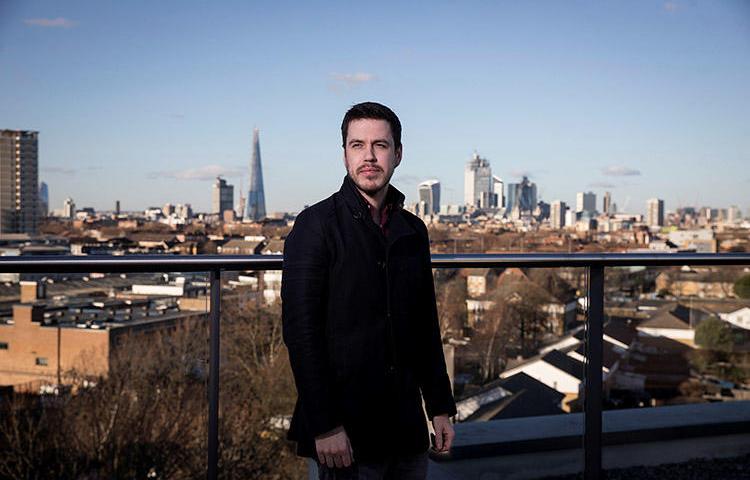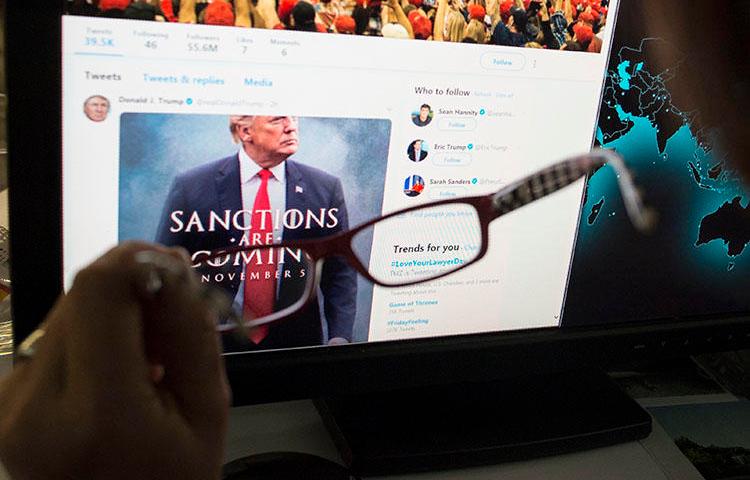
Mexican reporter assaulted with baseball bats in Baja California Sur
Mexico City, January 31, 2019–Mexican authorities should immediately undertake a credible and thorough investigation into an assault on January 29 against journalist Martín Valtierra García and guarantee his safety, the Committee to Protect Journalists said today. Valtierra was beaten by two unknown assailants outside his home in Comondù, in the northern Mexican state of Baja…

US court: Syria ‘planned, executed extrajudicial killing’ of Marie Colvin
New York, January 31, 2019–A U.S. federal court in Washington, D.C., late yesterday found the Syrian government culpable in the 2012 killing of Marie Colvin, a correspondent for the U.K. newspaper Sunday Times, and ordered the government to pay US$302.5 million to her family, AFP reported today. According to the opinion, the court found that…

CPJ concerned by report that UAE ‘Project Raven’ surveilled journalists
New York, January 30, 2019–At least four journalists were surveilled under Project Raven, a United Arab Emirates (UAE) cybersurveillance and hacking operation, Reuters reported today. The UAE hired former U.S. National Security Agency employees to assist in deploying a surveillance tool called Karma that exploited a vulnerability in the iPhone’s messaging application, according to a…

From fake news to enemy of the people: An anatomy of Trump’s tweets
Since announcing his candidacy in the 2016 presidential elections to the end of his second year in office, U.S. President Donald Trump has sent 1,339 tweets about the media that were critical, insinuating, condemning, or threatening. In lieu of formal appearances as president, Trump has tweeted over 5,400 times to his more than 55.8 million…

CPJ Safety Advisory: Covering the political crisis in Venezuela
UPDATED: This safety advisory was updated on February 20, 2019. In response to disputed election results, Venezuelans from both sides have taken to the streets in recent weeks, according to news reports. The crisis began following the inauguration of President Nicolás Maduro to his second term on January 10, after an electoral process characterized by…

Raids, media shutdowns and internet disruptions amid Venezuela crisis
Miami, January 25, 2019–The Committee to Protect Journalists today called on Venezuelan authorities to stop blocking news outlets and to ensure that access to the internet is available amid the country’s political crisis and widespread protests.

Mexican reporter found killed in Baja California Sur
Mexico City, January 22, 2019 – Mexican authorities should immediately undertake a transparent and exhaustive investigation into the murder of community radio station director Rafael Murúa Manríquez, the Committee to Protect Journalists said today.

Venezuela denies entry to Danish freelance reporter
On January 9, 2019, Venezuelan security agents detained Danish freelance reporter Kristoffer Toft when he tried to enter the country on a tourist visa at Maiquetía airport in La Guaira, in northern Venezuela, the reporter told the Committee to Protect Journalists. Officials interrogated Toft and conducted a Google search of his name before denying him…

Prominent journalist Chamorro flees Nicaragua after threats, newsroom raid
Miami, January 22, 2019–The Committee to Protect Journalists today expressed grave concern about news that Carlos Fernando Chamorro, one of Nicaragua’s most prominent independent journalists, has fled the country. Chamorro announced on Twitter on January 20 that he fled to Costa Rica due to threats against him from the government of Nicaraguan President Daniel Ortega.
